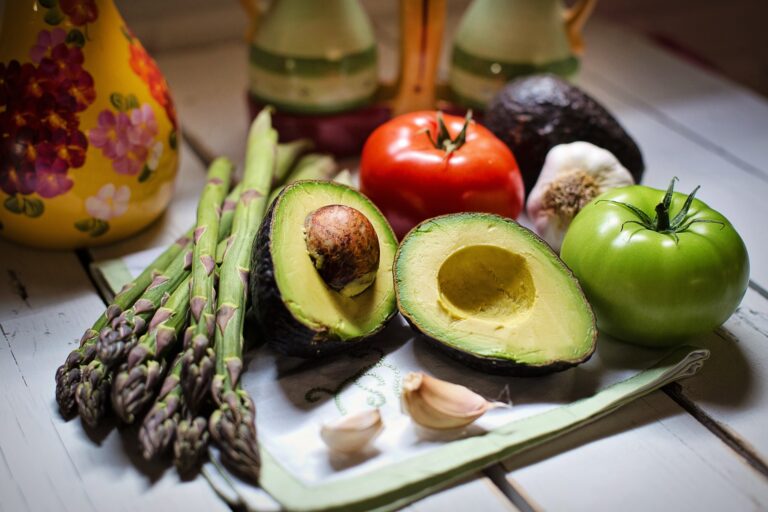You’ve probably heard of the Keto Diet. It’s trending, but is it actually useful? Will we still be hearing about it next year? Well, the facts are that a keto diet aims to keep carbs so low that your body goes into a metabolic state called ketosis.
According to healthline.com, when in ketosis, your insulin levels plummet, and your body releases large amounts of fatty acids from its fat stores. A lot of these fatty acids are transferred to your liver, which turns them into ketones. Ketones are water-soluble molecules that supply energy to your brain as they can cross the blood-brain barrier.
Basically, when your body is in ketosis, it relies on ketones for energy rather than carbs. This does wonders for weight loss.
So how do we maintain this diet and what are some tips? Read on!
Good Foods for Keto
The key to any diet is choosing foods you enjoy. Keto allows you to eat meats, eggs, vegetables, nuts, and fruits. Avocados are a popular choice as well as salmon. If you don’t like those, then look into low calorie keto recipes. There are a wealth making the rounds on the net!
Clues You are in Ketosis
Bad breath, appetite suppression, increased energy levels and weight loss are all signs that your body has achieved ketosis, according to heathline.com. Some negative side effects might be a short-term decrease in performance and insomnia, but these balance out after a week or two. After that you are likely to see an increase in performance and sleep quality.
Acetone breath analyzers can be another great way to monitor the amount of ketones produced in your body. Acetone is one of three main ketones in your body, so if your acetone levels are high, you’re on the right track! Unfortunately, acetone is also what causes your breath to get bad. Make sure to carry breath mints and brush your teeth often!
Coconut Oil
Adding coconut oil to your diet can get you into ketosis faster. This is because coconut oil has medium-chain triglycerides (MCTs). MCTs are rapidly absorbed and taken directly to your liver for immediate ketone production. Coconut oil is also a great, natural replacement for some of the more synthetic oils on the market which include unhealthy fats.
Add coconut oil to your diet slowly. Use a teaspoon in your grilling or baking endeavors.
Get Physical
Your body needs energy when it works out. When you ramp up your physical activity, your body burns through its energy storehouses and has to consider other options if carbs run out. For this reason, your body will achieve ketosis quicker. When your body needs energy fast, it gets creative.
This also might explain why people new to the diet experience fatigue. Your body is used to using carbs, so it’ll take a little while to get good at using ketones. So, in the meantime you may have low energy and a decreased performance. Stay patient and don’t push yourself too hard.
Experiment with Fasting
For the same reason that ramping up your physical activity may help you achieve ketosis, fasting can be helpful as well. When you fast, you deplete your body’s energy. When it starts getting desperate for more energy, that’s when a new avenue like ketones becomes necessary.
Intermittent fasting is a popular method which induces regular short-term fasts. Basically, you only eat during 8-hour periods each day. This causes your body to burn fat during the remaining 16 hours of the day. You can also do a fat fast, which involves eating about 1,000 calories a day, 85 – 90% coming from fat.
No matter what you experiment with, make sure to listen to your body. If you are feeling light headed or uncomfortable, you may be pushing yourself too hard. Ketosis will come so long as you limit carbs and eat plenty of quality fats like avocados and nuts. Hang in there!

